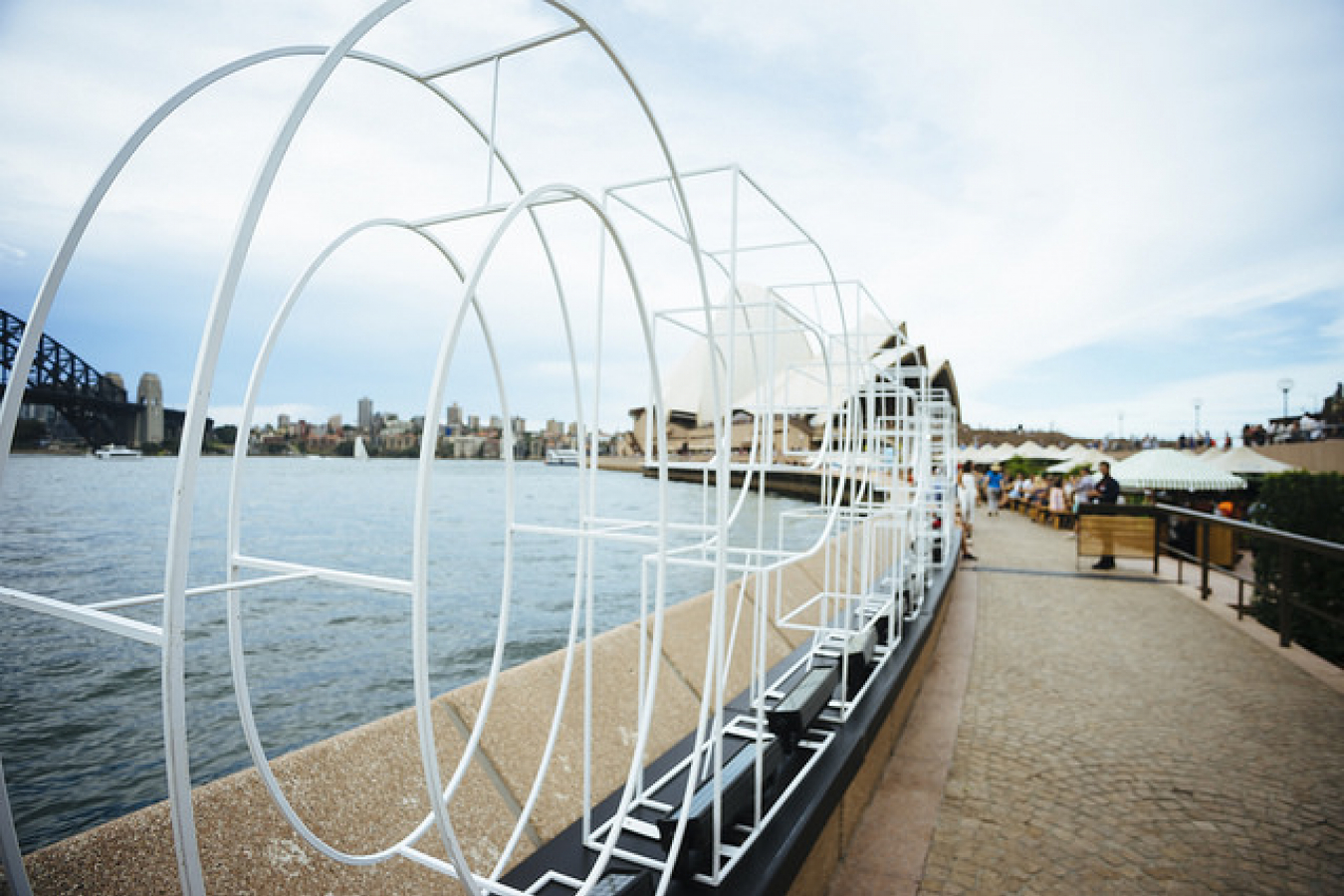Support migrant centric journalism today and donate

Australia will take an extra 20,000 skilled migrants in 2005-06 to help meet labour force needs. Immigration Minister Amanda Vanstone said on 13 April 2005 that between 130,000 and 140,000 non-humanitarian migrants would be taken, with a skilled migrant component of 97,500.
The government will also change visas for working holidaymakers, giving people an option of extending such visas, and introduce a pilot program for overseas people to do apprenticeships in regional Australia.
Senator Vanstone said more trades had also been added to the migration occupations in demand list, making it easier for such tradespeople to migrate to Australia.
The particular focus of this increase will be through employer sponsorship because employers are the ones who know what skills their particular business requires, she said. "The second focus will be with state and regional sponsorships because people in local areas know best the sort of skills they need."
The number of skilled migrants had risen from 34,600 in 1997-98, Senator Vanstone said.
To help better address migration-related skills and labour issues, the Immigration Department will fund the outposting of 10 department officers to key industry bodies to provide expert support.
The department will also stage seminars for employers and recruitment events to better match skilled migrants with employers.
The minister also pointed out changes to the working holidaymaker visa that she hopes will benefit the agricultural sector in particular.
"We are going to make it clear that if a working holidaymaker puts a minimum of three months into seasonal harvest work in regional Australia, they will be able to apply for a further visa," Senator Vanstone said..
The government would also stage a "tightly controlled pilot" of allowing overseas people who completed apprenticeships in regional Australia to apply for permanent residence.
Senator Vanstone said the government had also removed a provision in the Close Ties visa. The visa provides permanent residence for some people who became unlawful before turning 18, and had spent most of their formative years in Australia. Current provisions allow for a person over 18 to be granted permanent residence if they were no longer living with the family they entered Australia unlawfully with.
The provision was designed to cater for children who became illegal residents through no fault of their own. But Senator Vanstone said the provision had been abused, with some people returning to live with their family after they had been granted permanent residence.




















